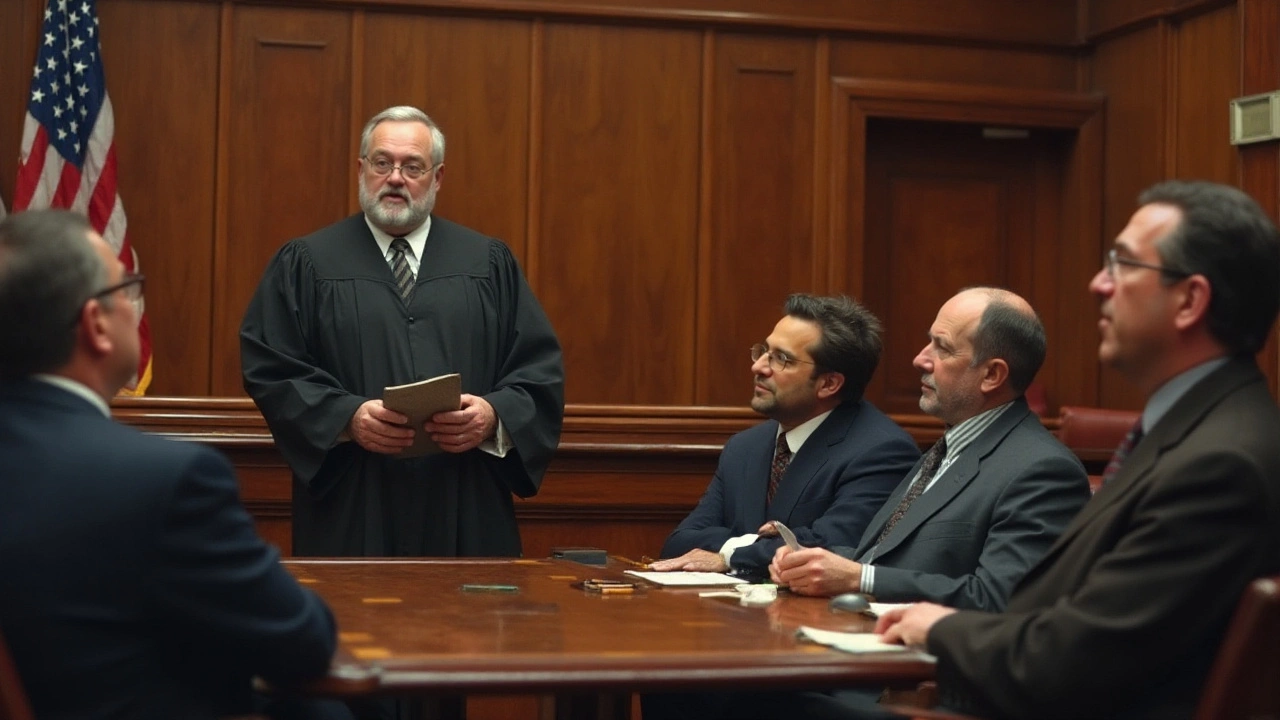Right to a Lawyer: Your Essential Guide
Ever wondered if you can walk into court without a lawyer and still be okay? In India, the Constitution says you have a right to legal help, especially when you’re facing criminal charges. That doesn’t mean you automatically get a fancy attorney for every case, but it does mean the state must provide one if you can’t afford it.
Knowing the basics can save you time, stress, and money. Below we break down when the right kicks in, how to ask for a lawyer, and what to expect once you have one.
When Does the Right Apply?
The right to a lawyer is most solid in criminal matters. If the police arrest you, you must be informed of your right to remain silent and to get a lawyer. Once you’re in police custody, you can ask for a lawyer, and the police have to let you meet one within 24 hours.
In civil cases, the rule is looser. You can get free legal aid for issues like family disputes, property matters, or consumer complaints, but you need to prove you’re unable to pay. The legal aid board looks at your income, assets, and the nature of the case.
Another key point: the right applies during the investigation, the trial, and even appeals. If you’re released on bail, you still have the right to keep your lawyer until the final judgment.
Getting Legal Aid – Simple Steps
First, head to the nearest legal aid clinic or the District Legal Services Authority (DLSA). Bring proof of income (salary slips, bank statements) and any documents related to your case (arrest memo, court notices).
Fill out the legal aid application form. It’s short: name, address, case details, and a statement that you can’t afford a private lawyer. The staff will verify your eligibility, usually within a few days.
If you’re in police custody, you can request a lawyer on the spot. The police must arrange one and let you speak in private. If they can’t find a lawyer right away, they must give you a list of approved lawyers you can choose from.
Once a lawyer is assigned, they’ll sit with you, explain the charges, and help you plan a defense. They’ll also handle paperwork, attend hearings, and talk to the prosecutor. Remember, a free lawyer still has professional duties – they must work in your best interest.
Tip: stay organized. Keep copies of every document the lawyer gives you, note down dates of hearings, and ask questions whenever you’re unsure. Good communication makes the process smoother.
If you’re denied legal aid, you can file a complaint with the State Legal Services Authority. They can review the decision and, if needed, assign a lawyer.
Bottom line: the right to a lawyer is a safety net, not a luxury. It kicks in when you’re in trouble with the law and can’t pay for representation. Knowing how to claim it and what to expect can turn a stressful situation into a manageable one.
Got more questions? Our platform offers detailed articles on related topics like “Employer Not Paying Salary” and “One‑Sided Divorce.” Dive in and empower yourself with legal knowledge.

Understanding Your Right to a Lawyer: The Story Behind Gideon v. Wainwright
The case of Gideon v. Wainwright is a landmark decision that changed the landscape of the American legal system, ensuring that everyone, regardless of financial status, has the right to legal counsel in criminal cases. This article explores the background of the case, its implications, and the significance of having access to a lawyer. Whether you're facing a legal issue or interested in legal history, understanding this decision is crucial.